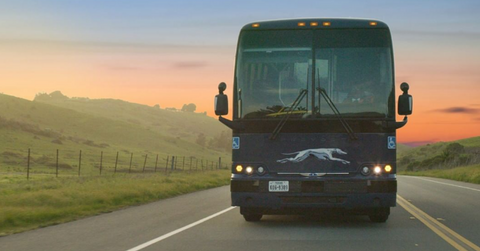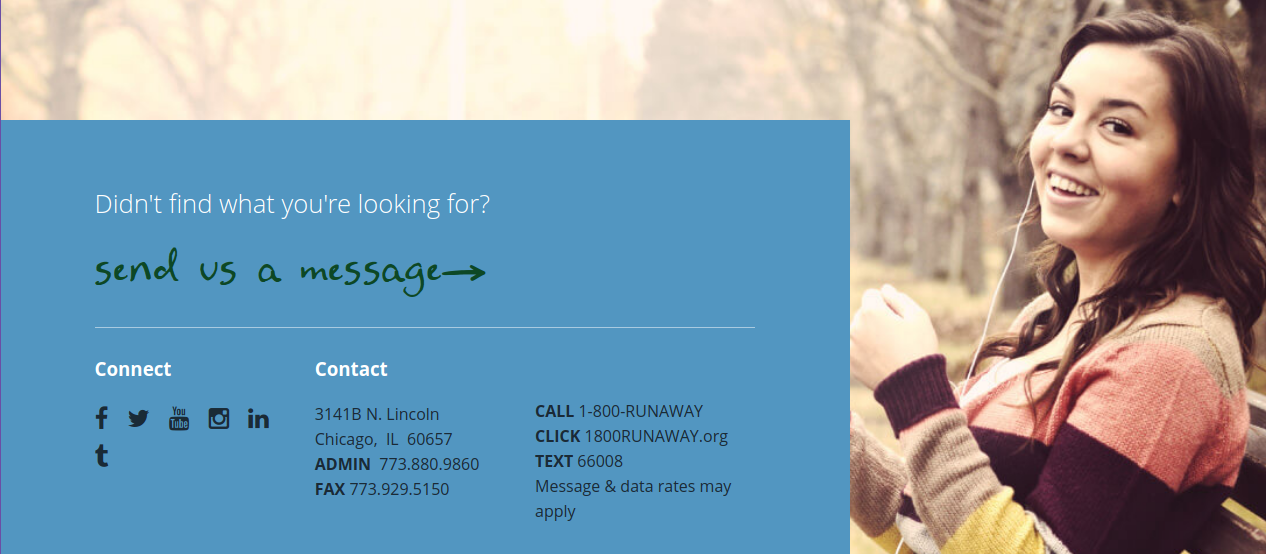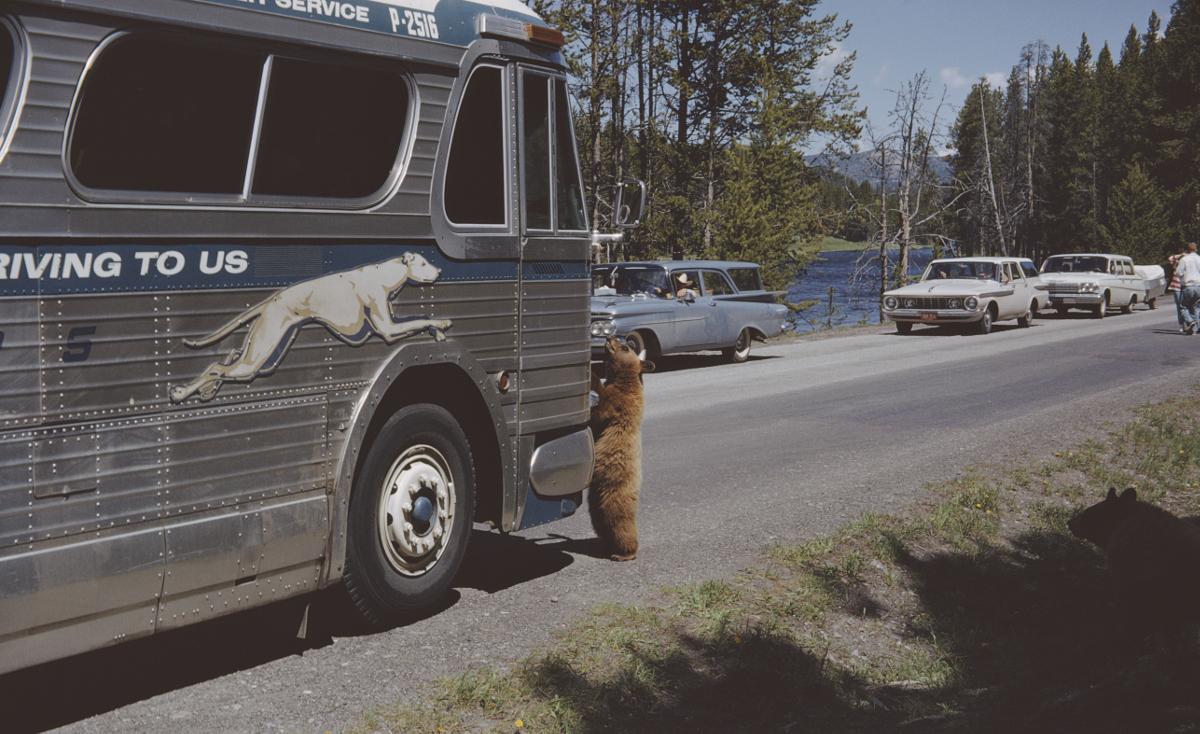Greyhound Gives Runaways Chance to Get Back Home to Their Loved Ones - for Free
Updated Jan. 6 2021, 3:48 p.m. ET

A staggering 2.8 million children run away from home in the United States each and every year, and the majority of them are between the ages of 10-14 years old. The sad fact is that a significant portion of these runaway children makes up the staggering number of some 800,000 kids who go missing in the United States every year on average.
This is why so many people are overjoyed to hear that Greyhound has teamed up with the National Runaway Safeline.
When it comes to long-distance bus travel in the United States, Greyhound is probably the first company that comes to mind. Founded in 1914 in Hibbin, Minn., the cross-country transportation company has long been associated with low-cost exoduses to other parts of America.
Now their bus stations can be a haven for runaways who need help getting back to their families.
The Home Free Program offers no-charge rides to runaways between the ages of 12-21 who want to reunite with their guardians. The program has been responsible for helping some 400 kids return home. In order for a runaway to qualify for a free ticket, all they need to do is call the National Runaway Safeline, which is the following toll-free number: 1-800-RUNAWAY (1-800-786-2929).

In order for a child to qualify for a free ticket, there must be a runaway report filed, however, and there are some other stipulations: it can only be used twice by the same person. In instances where the child in question is under the age of 15, then their parent or guardian can also get a free ticket courtesy of Greyhound.
If you're looking for a Greyhound bus stop, you can check out a map of their locations and stops here.
Statistics show that runaway youth in America are "evenly divided male and female" but "girls are more likely to seek help through shelters and hotlines," according to a December 2018 article via Home.
Running away from home in the United States is a persistent issue and different jurisdictions across the country deal with the issue differently. In some areas, it's considered a crime to run away from home. In most cases, it's treated as a "status offense", however, and youth who are brought in for the violation is either put on probation or not given administered any punishments.
The US Department of Health and Human Services secures funding to create programs that support homeless youth and runaways. This is partly thanks to the efforts of the Family and Youth Services Bureau.
If you or someone you know is thinking of running away from home, or if you're a parent, friend, or guardian of someone who is considering doing so, you can also call 1-800-RUNAWAY for assistance.

The crisis line provides a litany of services and prides itself on being "judgment free". Referrals for legal services, how to cope with losing a loved one, the best ways to try and search for someone who has runaway and adjusting to life after they've come back home; there are plenty of resources individuals can access should they need that assistance.